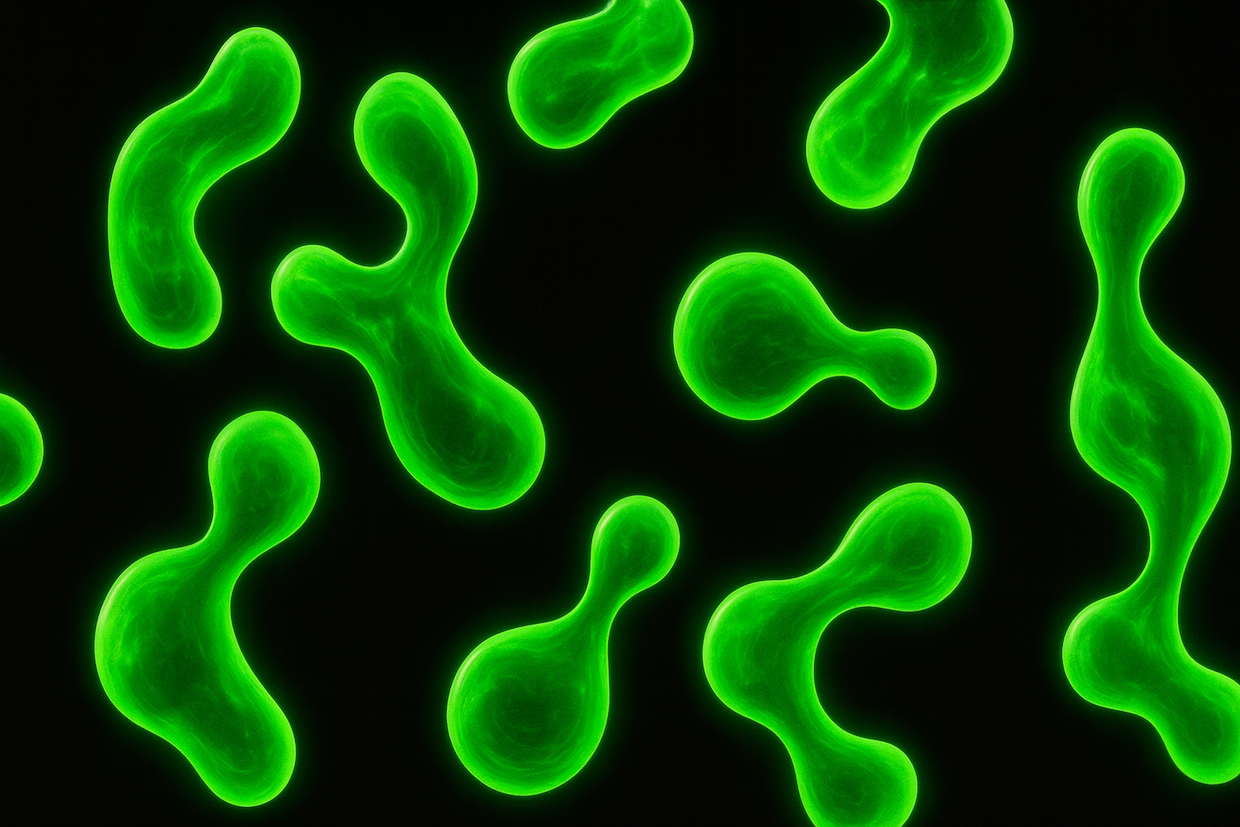There’s plenty of recent research suggesting that coffee consumption results in desirable health outcomes, such as not death, although the mechanisms through which the elixir works its magic remain largely speculative.
While many point to the all-encompassing “anti-inflammatory” chemical properties of coffee, new research suggests that coffee’s contribution to extended life spans may be tied to caffeine and an ancient cellular pathway shared by humans and yeast.
Flipping the Cellular Fuel Switch
Led by a team at Queen Mary University of London (UK) and recently published in the journal Microbial Cell, the study found that caffeine potentially taps into the body’s mechanisms for managing stress, energy and aging.
It does so through a key enzyme known as AMPK (AMP-activated protein kinase), often referred to as the cell’s “fuel gauge.” AMPK helps regulate energy balance within cells.
“When your cells are low on energy, AMPK kicks in to help them cope,” Charalampos (Babis) Rallis, the study’s lead author, said in an announcement of the publication. “And our results show that caffeine helps flip that switch.”
Notably, AMPK is the same molecular target of metformin, a widely used diabetes drug that is being studied for its anti-aging potential, according to the university. The authors of the study declared no conflicts of interest.
Yeast as a Window Into Human Health
The study used Schizosaccharomyces pombe, or fission yeast, a single-celled organism that shares many genetic features with human cells, including pathways related to aging and stress response. Previous work by the same team had shown that caffeine can inhibit TOR (Target of Rapamycin), a growth regulator involved in aging and energy metabolism.
The new research suggests that caffeine doesn’t work directly through TOR, but instead activates AMPK, which then influences TOR activity indirectly. This cascading effect has significant implications for how caffeine might modulate processes like DNA repair, stress resistance, and cell division.
“These findings help explain why caffeine might be beneficial for health and longevity,” John-Patrick Alao, a postdoctoral researcher who led the study, said. “And they open up exciting possibilities for future research into how we might trigger these effects more directly — with diet, lifestyle, or new medicines.”
Comments? Questions? News to share? Contact DCN’s editors here. For all the latest coffee industry news, subscribe to the DCN newsletter.







Comment